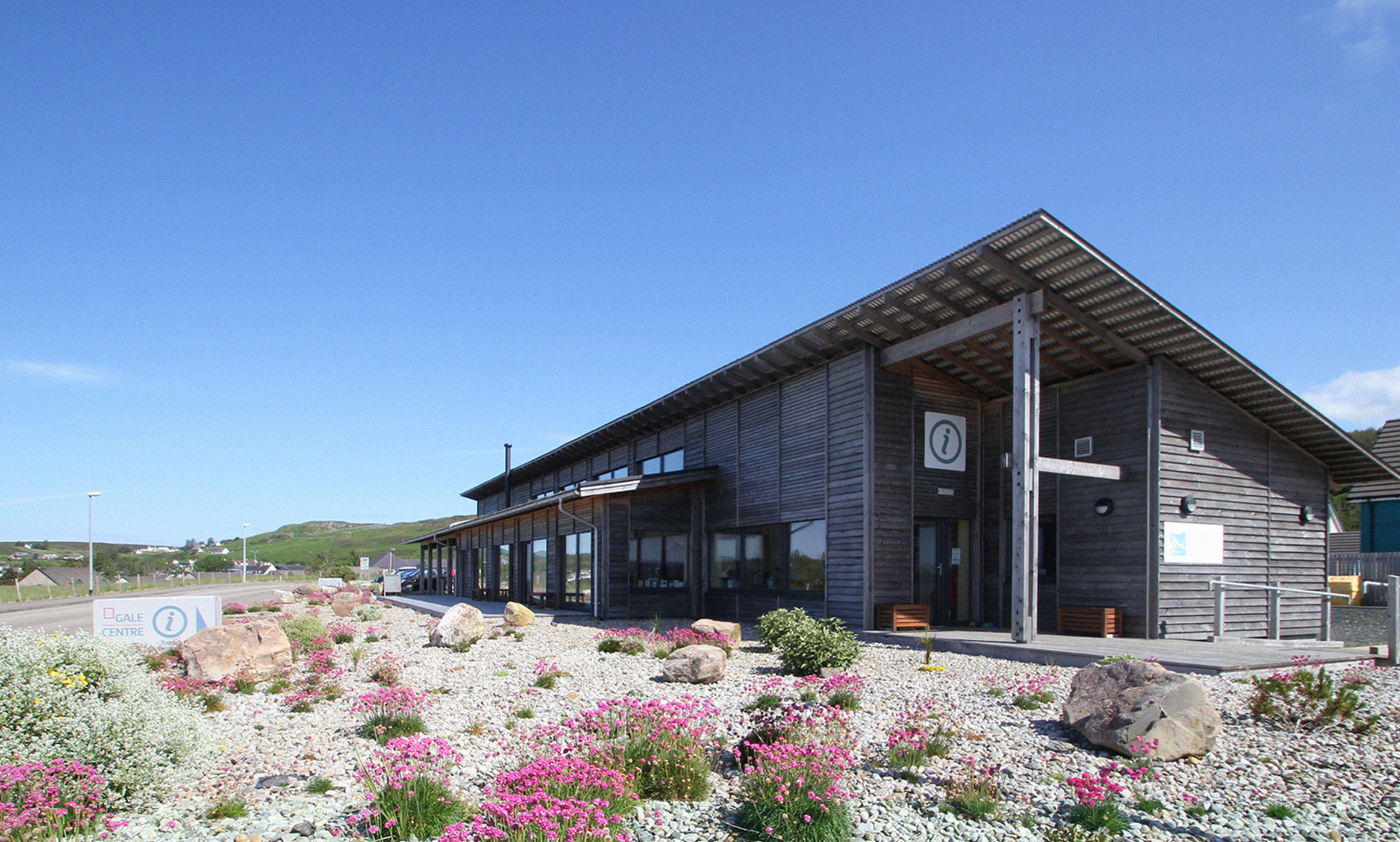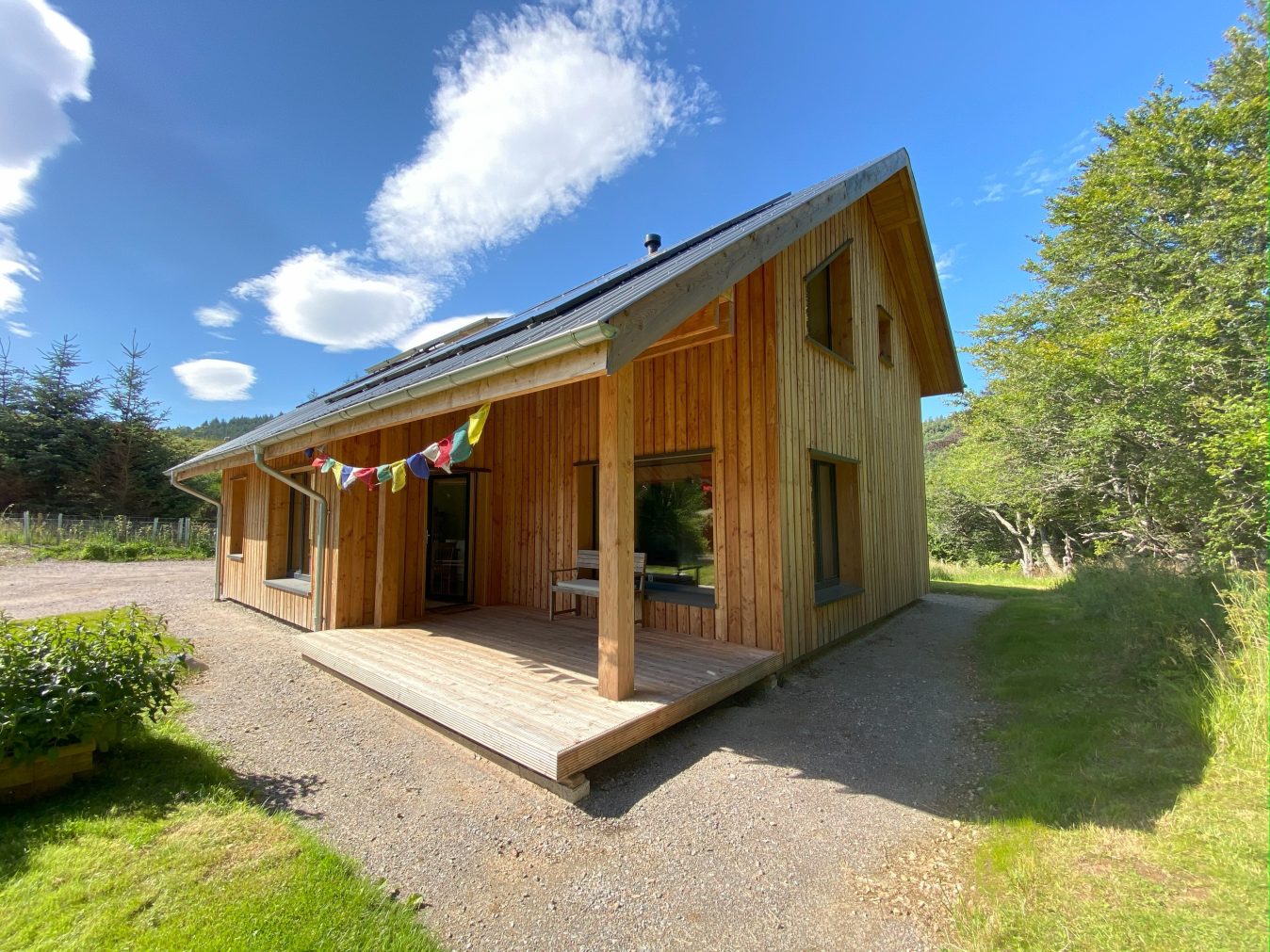
Energy Efficient homes - A Passivhaus Approach
MAKAR’s home, community, and commercial building designs are optimised for energy efficiency, ensuring predictable energy usage and significantly reduced running costs. This not only makes our homes more affordable to live in but also contributes to a sustainable future. Our fabric-first approach guarantees superior thermal efficiency, minimises cold bridges, and ensures high levels of airtightness, boosting both comfort and energy efficiency.
We also have significant experience in delivering certified Passivhaus (also known as Passive House or Passiv Haus) projects using healthy, ecological materials. These include the GALE visitor centre at Gairloch and an award-winning private home in Strathpeffer. The German Passivhaus standard sets out rigorous criteria for achieving super-low energy buildings, which require very little space heating. With the addition of renewables it is possible for homes to achieve Net Positive values, whereby the house generates more energy than it requires to use.
MAKAR homes achieve the majority of the Passivhaus criteria with our panel system, which we have been developing over the last two decades. To obtain certified Passivhaus our example homes would would require site-specific PHPP calculations that consider factors such as house orientation and altitude. Designs and specifications may require adjustment to meet the Passivhaus criteria.

Our three-bed Passiv Haus in Strathpeffer won Best New Build and the Product Innovation award from the Alliance for Sustainable Building Products in 2020.
The judges were particularly impressed by the high standard of finish to the house as well as the replicability of the MAKAR Passive construction system in offering a sustainable method for achieving Passiv Haus.
Read more on the five core principles underpinning our Passivhaus approach.
The Scottish Government are set to implement the Scottish equivalent to the Passivhaus standard, unveiling a timetable to introduce these revised standards in 2026, which will become mandatory from 2028. As regulations tighten in response to climate goals, properties already meeting or exceeding these standards will retain their value and desirability, making these homes future-proof investments.
Make an enquiry
Please complete this form and we shall call you back to discuss your project
Tell us about your project